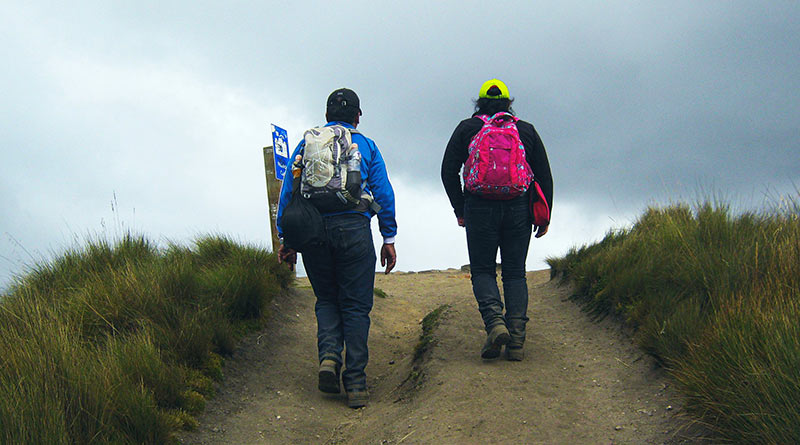Can brisk walking make you live longer?

Executive summary
* This week's paper uses population study data, but it wasn't focused on nutrition. It was about self-reported walking pace (SRWP).
* It involved nearly 400,000 people who self-reported their walking pace as slow, average or brisk. The study looked at the relationship between this SRWP and deaths over the following 12-13 years.
* The study claimed that brisk and average pace walkers were less likely to die than slow walkers. That held for men and women and for cancer deaths, cardiovascular disease (CVD) deaths and other causes of death.
* Epidemiological research can only suggest association and yet causation was more than implied. One media article about the paper headlined "Fast walkers live longer – and here’s why" (without explaining why).
* As with all population studies, there was a healthy person confounder The person who reported walking briskly was substantially younger, they had far lower BMI, they did massively more exercise during the week, and they were far less likely to smoke. These were adjusted for, but you can't adjust for the whole person.
* Given that this was self-reported, the younger, slimmer, fitter, non-smokers reported walking faster and the younger, slimmer, fitter, non-smokers are less likely to die in the next 12-13 years.
The rest of this article is available to site subscribers, who get access to all articles plus a weekly newsletter.
To continue reading, please login below or sign up for a subscription. Thank you.




